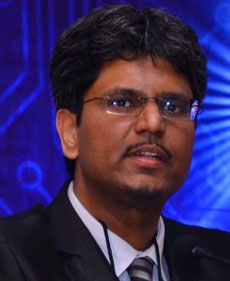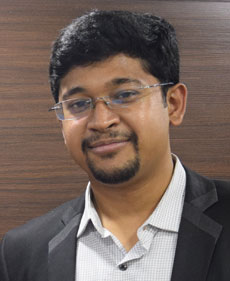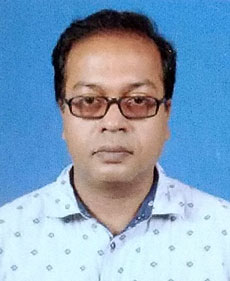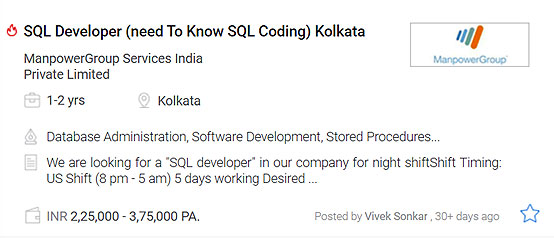RDBMS means "Relational Database Management System." An RDBMS is a DBMS designed specifically for relational databases. Therefore, RDBMSes are a subset of DBMSes.
A relational database means a database that stores data in a structured format, using rows and columns to enable locating and accessing specific values within the database. It is "relational" because the values within each table are related to each other. Tables may also be related to other tables. The relational structure makes it possible to run queries across multiple tables at once.
Why learn RDBMS?
Allows
Database Admin To Maintain, Control, Update, Data
into the database easily
Backing Up Of Data
becomes easy
Automation Tools
of RBDMS automate these tasks
Duration
40 hours - 2 classes per week
Eligibility
- Knowledge of C programming
- Knowledge of Assembly programming language (desirable)
Course Fees
Class Room Training
Rs.8,750/-
Inclusive of all taxes
Online Training
Rs.18,750/-
Rs.8,750/-
Inclusive of all taxes
What You Will Get?
40 Hours
in-depth training by the best DataBase experts
Study Materials
RDBMS
Certificate of Completion after examination and alumni status
Your Course Path
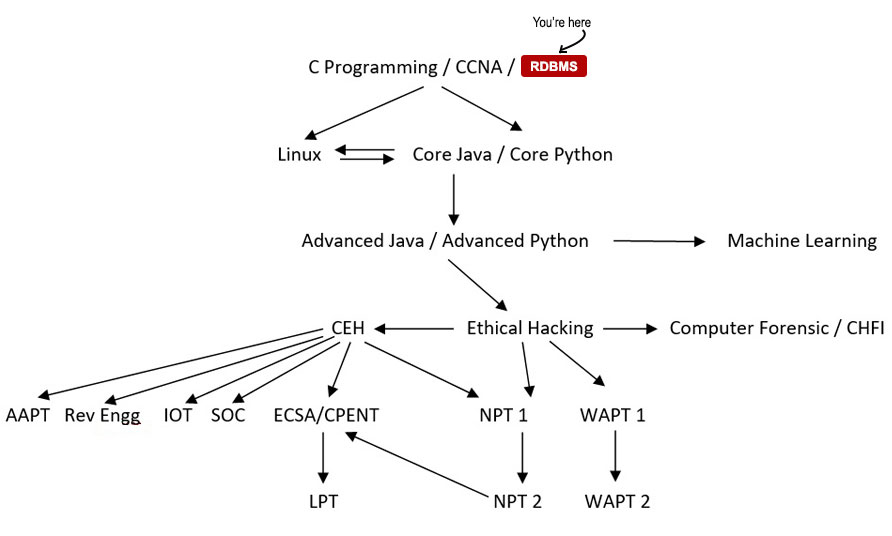
Course Details
- The duration of the course is 40 hours at 2 classes per week
- The course fee is Rs.8,750/- for classroom and Rs.18,750/- Rs.8,750/- for online
- The course is taught in theory as well as practice
Hacking Tutorials
Read All Tutorials »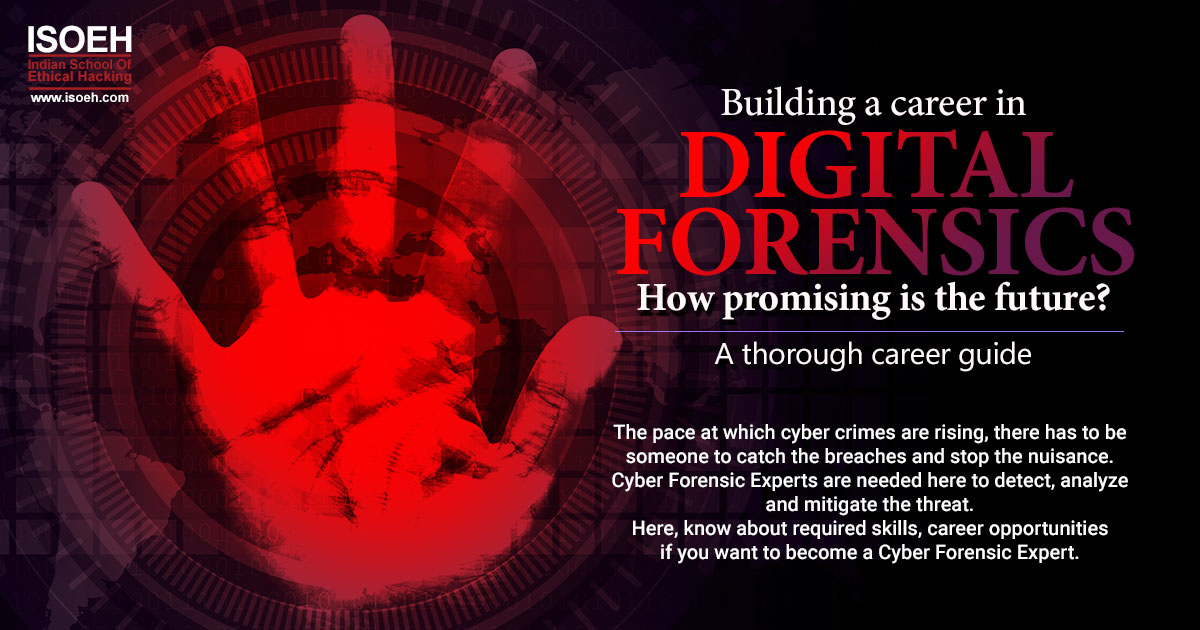
Building a career in Digital Forensics - How promising is the future? A thorough career guide
Read Details »Hacking Videos
Explore All Videos »How to Hiding Your Secret File using Steganography?
View On Youtube »Enroll Now
Fields marked with * are mandatory.
Ratings & Reviews
Job Prospects & Job Sources
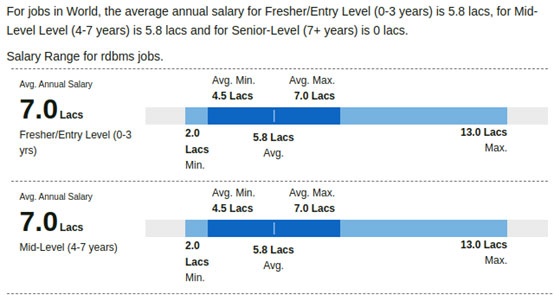
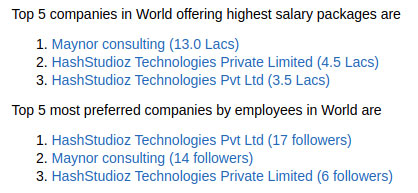
Employment of database administrators is projected to grow 9 percent over the next ten years, faster than the average for all occupations. Growth in this occupation will be driven by the increased data needs of companies across the economy.
FAQs
- RDBMS Concepts and design
- SQL statements
- Oracle functions
- Single row and Group functions
- Set Operators
- Displaying data from multiple tables
- Different types of joining
- Sub queries
- Case expression
- Substitution variables
- Control-break reports
- Verifying and clearing variables using define and undefined commands
- Data definition Language (DDL)
- Creating tables with constraints
- Alter, drop & truncate tables
- Data manipulation language
- Transaction control language
- COMMIT and ROLLBACK
- Creating views
- Creating join views
- DML through views
- Oracle Security
- Privileges
- Roles
- Granting privilege to objects
- Data Dictionary for privileges
- Revoking object privilege
- Indexes
- Sequence
- Synonyms
- Introduction to pl/sql
- Pl/sql block structure
- Pl/sql architercture
- Fundamental of pl/sql
- Conditional and iterative control
- Sql in pl/sql
- Composite datatype
- Cursor management in pl/sql
- Explicit cursor manipulation
- Implicit cursor
- Bulk collect
- Exception handling in pl/sql
- Predefined exception
- User defined exception
- Non predefined exception
- Propagation of exception
- Using raise_application_error
- Sub programme
- Procedure
- Function
- Package
- Methods for passing parameters
- Cursor expression
- Using stored function in sql statement
- Autonomous transaction
- Database triggers
- Part of a trigger
- Statement trigger and row trigger
- Instead of trigger
- Dropping triggers
The duration of the course is 40hours at 2 classes per week.
The course is taught in theory as well as practice.
The prerequisites of the course are Knowledge of C programming. Knowledge of Assembly programming language (desirable).
Employment of database administrators is projected to grow 9 percent over the next ten years, faster than the average for all occupations. Growth in this occupation will be driven by the increased data needs of companies across the economy.
You can go for other programming language like Java etc or apply for job.
Course Fees
Rs.18,750/-Rs.8,750/-
Inclusive of all taxes
Batches
Weekday Batches for Kolkata Center:
Jan, 2026
Jan, 2026
Mar, 2026
Member of:






